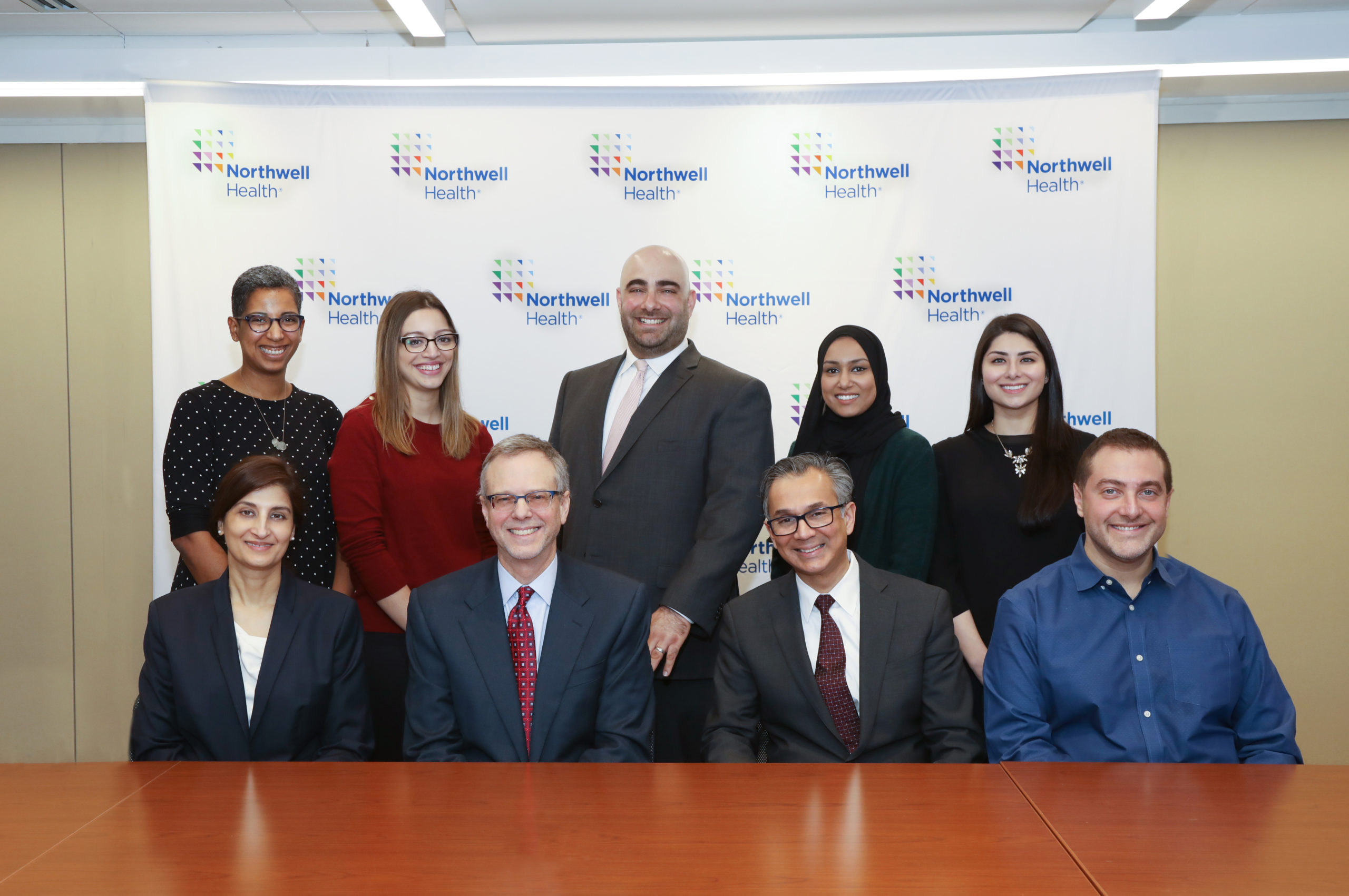A group organized by Northwell Health consisting of doctors, residents, students and an educator departed for India last weekend, headed to a boarding school in Tamil Nadu where the students come from families earning less than $2 per day.
The trip is intended to be the first of many, a “fact-finding” trip to gather information about and begin developing a relationship with the students and local people as a means of introducing more health care resources to the community, said Erika Imam, a senior adviser at Shanti Bhavan Children’s Project, the boarding school.
The 14 traveling, some of who will stay a month, plan to provide health screenings for the community and assess its health needs, according to Northwell. They will also start teaching basic health care there, Imam said, and have begun talks with St. John’s, a local medical school, to determine whether Northwell can develop a partnership with the institution.
The doctors traveling work at four Northwell hospitals, including Long Island Jewish Medical Center. The group also includes two Hofstra School of Public Health students, six Northwell residents and a Montclair State University early childhood education professor.
“We’re hoping it’s a long-term relationship to improve the health care of our kids, staff and surrounding communities,” Imam said. “It would allow our children and their community to have a more sustained and comprehensive health care offered to them.”
Medical care is quite scarce in the area where the school is located, she said. When ill, people travel to Bangalore, which is more than an hour away.
In addition to providing more sustainable health care, Northwell’s presence will expose Shanti Bhavan students to medical professionals, Imam said.
Ninety-five percent of Shanti Bhavan students are part of the Dalit caste, the lowest Indian caste, which has historically endured high rates of poverty and abuse.
The number of crimes against Dalits increased by 25 percent in the decade between 2006 and 2016, according to IndiaSpend, a data-analyzing nonprofit group.
In 2016 alone, there were 40,000 crimes against members of the lowest castes, according to Amnesty International.
Shanti Bhavan, founded in 1997, offers free education for students from kindergarten through 12th grade. Of those who go on to college, 98 percent graduate, Imam said, and those graduates are now employed in companies like Ernst & Young and Amazon.
“Our graduates will never fall into that 200-year-old category of below $2 per day as they work,” she said. “In the first three years in their working they have earned more than their parents have in a lifetime.”
A Netflix documentary series called “Daughters of Destiny” profiles Shanti Bhavan through the stories of five of its students.
“It’s a noble venture to improve the quality of life, but when it’s offered to the poor that’s even a more noble venture and consistent with Shanti Bhavan’s whole mission,” Imam said of the Northwell initiative. “We do everything with reverence for life.”



